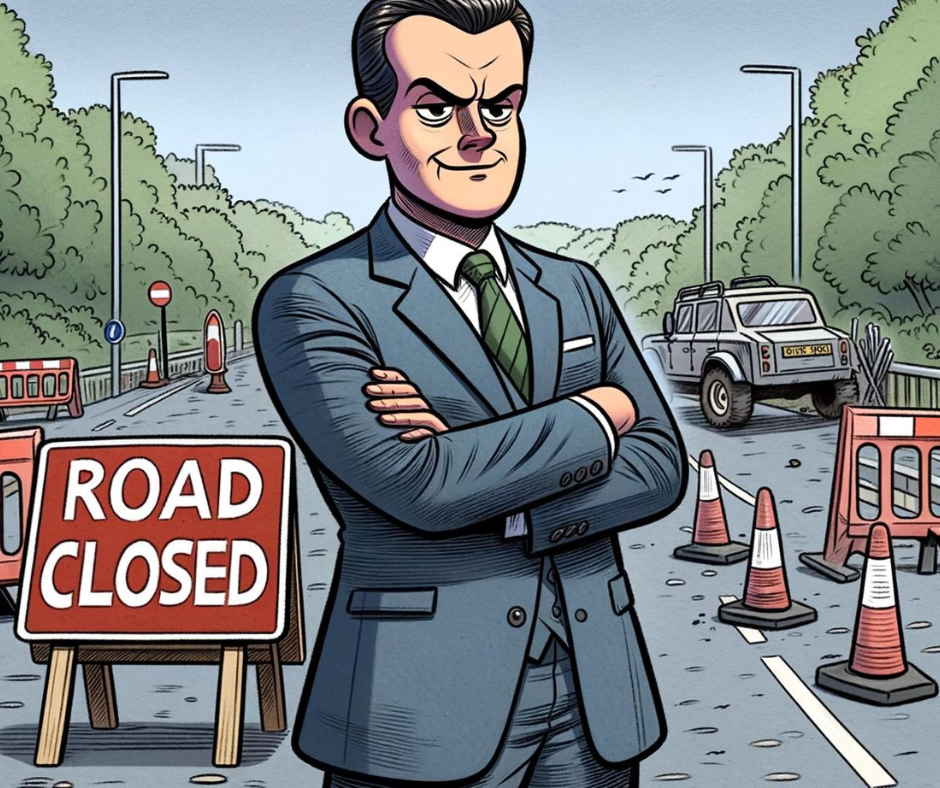Related Articles
If voters repeal the tax on CO2 emissions, known as the Climate Commitment Act (CCA), will it impact highway spending or prevent the state from sending the proposed $200 checks to utility customers?
The answer is simple: No.
Legislators have made both of these claims this week and both are intentionally misleading. They are indicative of the rhetoric that will be used this year as voters consider whether to repeal the state’s tax on CO2 emissions.
Let’s examine each of the claims.
As we noted, House and Senate budget writers have included $150 million in their proposed supplemental operating budgets to send $200 checks to utility customers in the state. The House version sends the first $75 million on October 15, 2024, and the second $75 million in February 2025. That second group of $200 checks would be cancelled, however, if voters repeal the CO2 tax.
Republican Leader Drew Stokesbary criticized the threatened cancellation of the payments, saying they are “suspicious.”
Asked about why the second round of checks would be canceled, House Majority Leader Joe Fitzgibbon replied, “I would be interested to see how Rep. Stokesbary would propose to pay for that rebate if the revenue from the Climate Commitment Act stops coming in December.”
The insinuation is that the money for the checks would disappear if the CO2 tax is repealed. That is false.
If Rep. Fitzgibbon wants to know how to pay for the rebates he can ask Senate Democrats. Their budget includes all $150 million in their budget without making it contingent on the outcome of the election.
When the CCA was passed, it was estimated the CO2 tax would generate about $900 million per biennium. The actual revenue has been far above that. In 2023 alone, it generated $1.6 billion. The money to pay for the $200 checks – and many more things – has already been collected. If the CO2 tax is repealed, it would only stop future tax collection. It would not rebate money that has already been collected.
Claiming the second round of checks must be withheld pending the outcome of the election is not honest.
Another claim that has been made is that if the CO2 tax is repealed, the loss of revenue would impact road construction. Sen. Marko Liias tweeted that if the CCA is repealed it would “put at risk funding for critical work on transportation projects such as the widening of SR 18 near Snoqualmie.”
Again, this is false.
 The CCA specifically prohibits CO2 tax revenue from being used for “highway purposes authorized under the 18th Amendment of the Washington state Constitution.” The 18th Amendment directs gas taxes to be used for highway construction and maintenance. Projects, like expanding SR 18, cannot be funded from CO2 taxes.
The CCA specifically prohibits CO2 tax revenue from being used for “highway purposes authorized under the 18th Amendment of the Washington state Constitution.” The 18th Amendment directs gas taxes to be used for highway construction and maintenance. Projects, like expanding SR 18, cannot be funded from CO2 taxes.
Some have said that while the CO2 taxes cannot be used for roads, if the CCA is repealed, legislators would have to adjust spending to deal with the loss of revenue and that could, theoretically, impact road construction. This is also wrong.
Gas tax revenue, like that used to pay for the expansion of SR 18, cannot simply be moved to fund other parts of the budget. That is the purpose of the 18th Amendment – to protect funding for highway projects. If the CCA is repealed, legislators could remove money for SR 18 in a fit of pique, but it wouldn’t be caused by the loss of the CO2 tax.
These are just the first salvos in what is likely to be a rhetorically charged year as supporters and opponents of the CCA attempt to convince voters to vote for or against I-2117. These won’t be the last dishonest claims about the CCA or its potential repeal.




